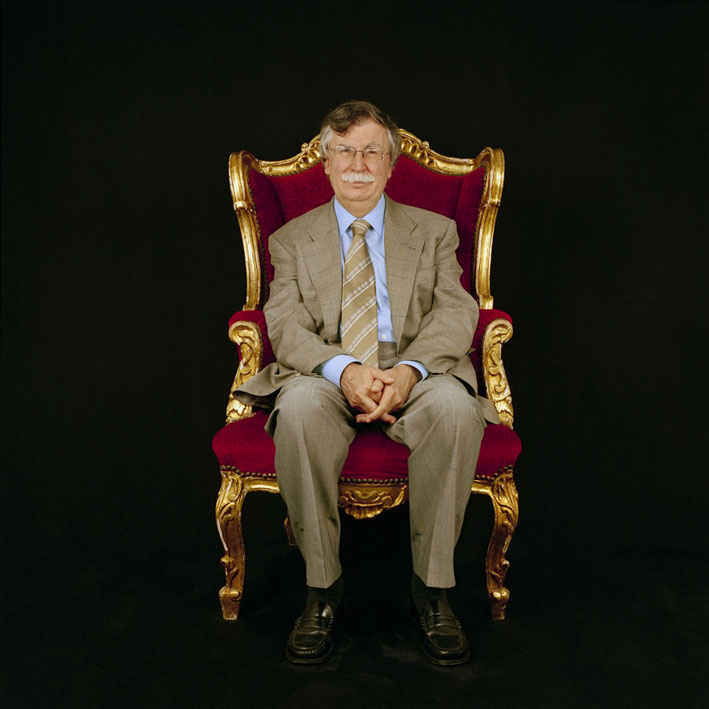
Overview Backstage Heroes - Alternative Nobel Prize Laureates Nayakrishi Andolon - organic farming in Bangladesh Sarayaku – a village in resistance to oil drilling The Other Globalisation G8-Summit Heiligendamm Breast Cancer Breast Cancer – Faces |
||||||

|
Juan Garcés, Lawyer and Political Scientist, Spain Born on August 15, 1944 Alternative Nobel Prize 1999
From 1970 to 1973, Juan Garcés worked as an advisor to the Chilean president Salvador Allende. He was the only one of Allende's advisors to survive the military coup in 1973. Garcés had to leave the country and went to France, where he worked for UNESCO and was a researcher at the Fondation Nationale des Sciences Politiques. After Franco's fall, he went to Spain and opened a private law office in 1982. Together with the Unión Progresista de Fiscales (Union of Progressive Spanish Prosecutors), he filed a criminal complaint against the Chilean dictator Pinochet and further members of the military junta. As chief prosecutor in the suit, he coordinated an international team of ten lawyers, who represented almost 4,000 survivors and their families in cases of crimes against humanity: murder, abduction, and torture. For over 25 years, the dictator enjoyed immunity from prosecution for the atrocities which were carried out under his rule. When Pinochet visited London in 1998, he was arrested, but released, on account of poor health, before he could be extradited to Spain. In 2006, he died in Chile without being convicted for his crimes.
Through this case, Juan Garcés was able to achieve a break-through in international law: he made clear that the immunity of chiefs of state and government is no protection against prosecution, and he underlined the necessity for establishing a universal jurisdiction for crimes against humanity. Since 2009, Juan Garcés has been concentrating on investigating and bringing to prosecution the human rights violations which occurred under the dictatorship of General Franco from 1936 to 1975. |
| << 04/10 project description >> |